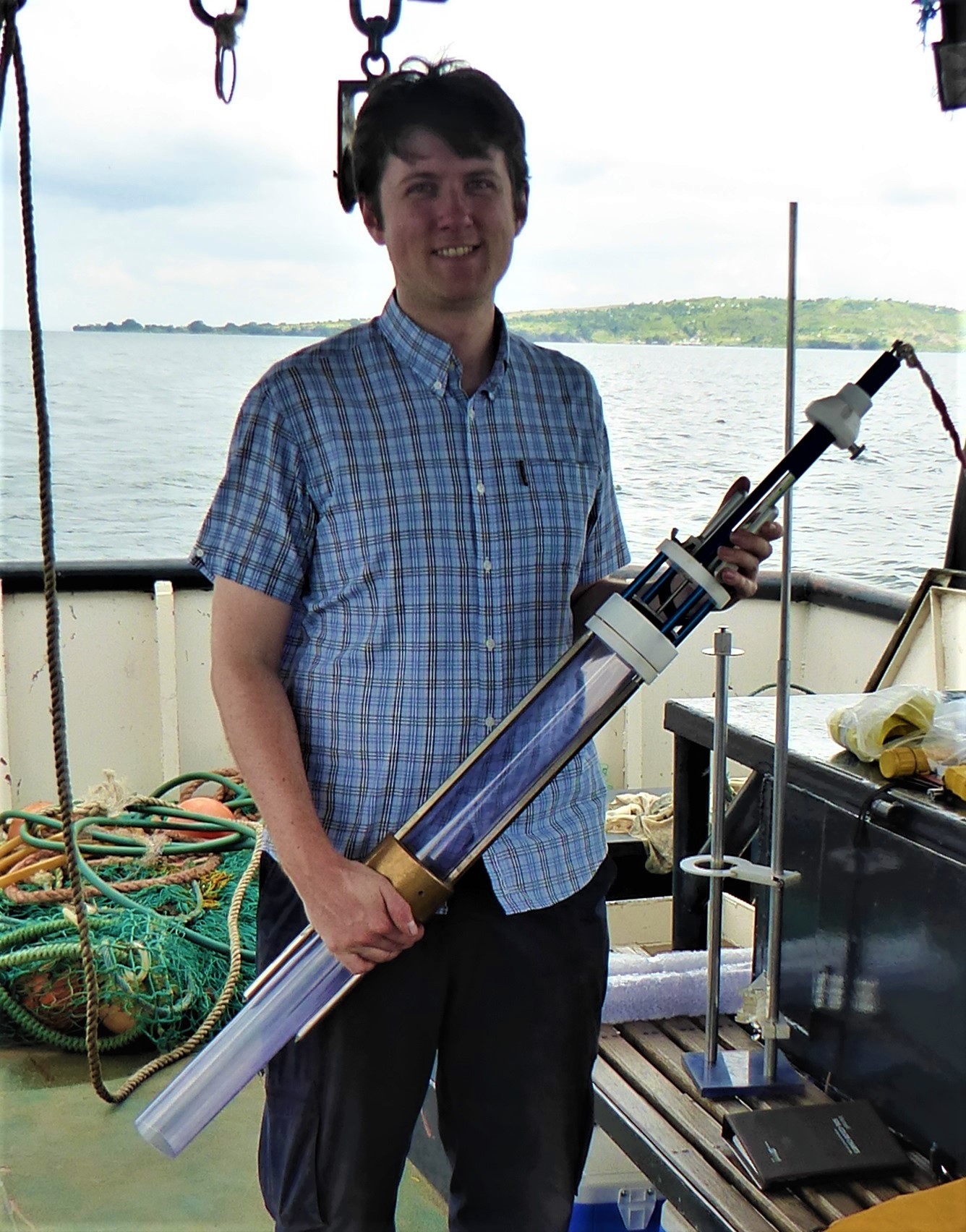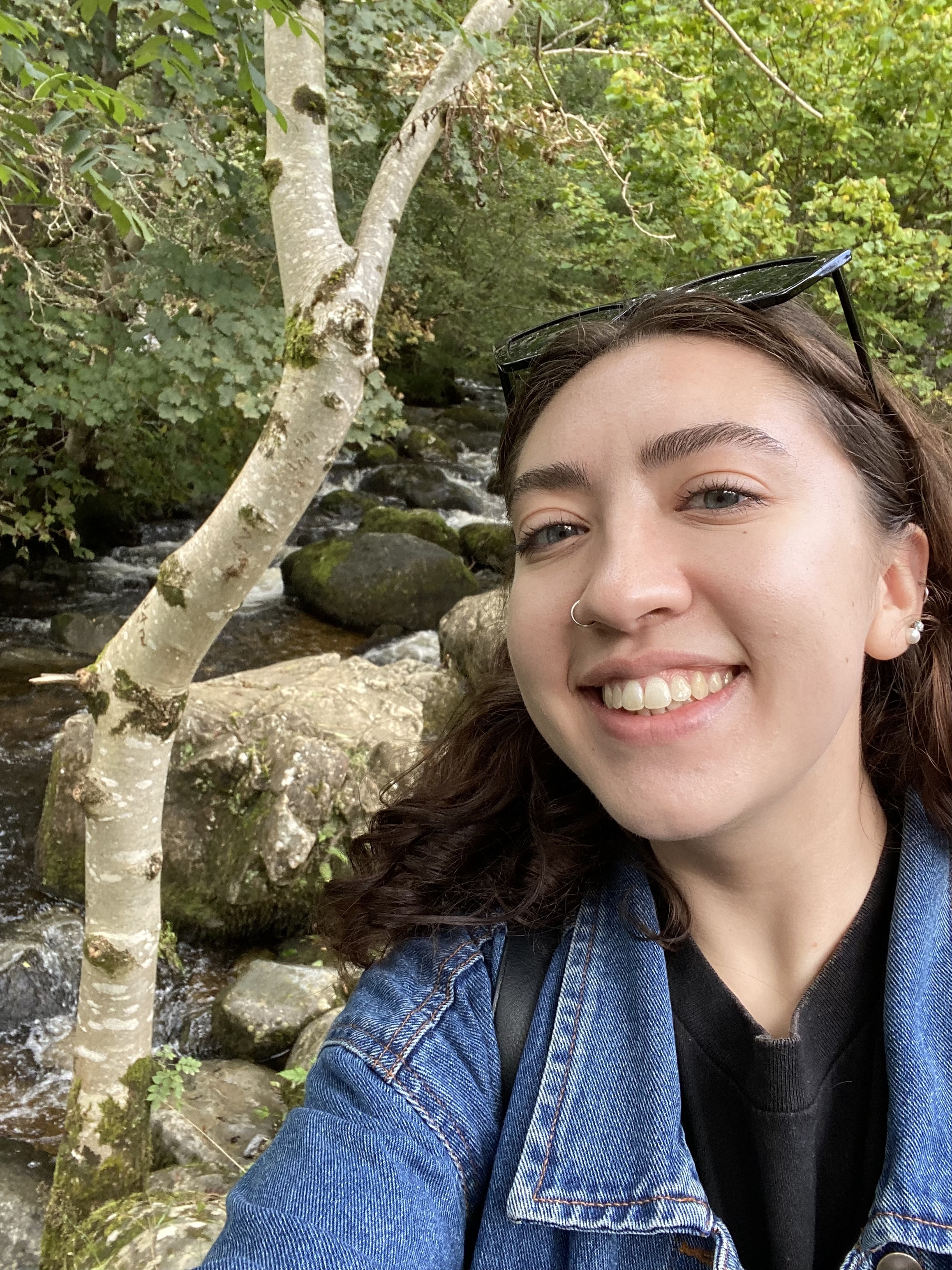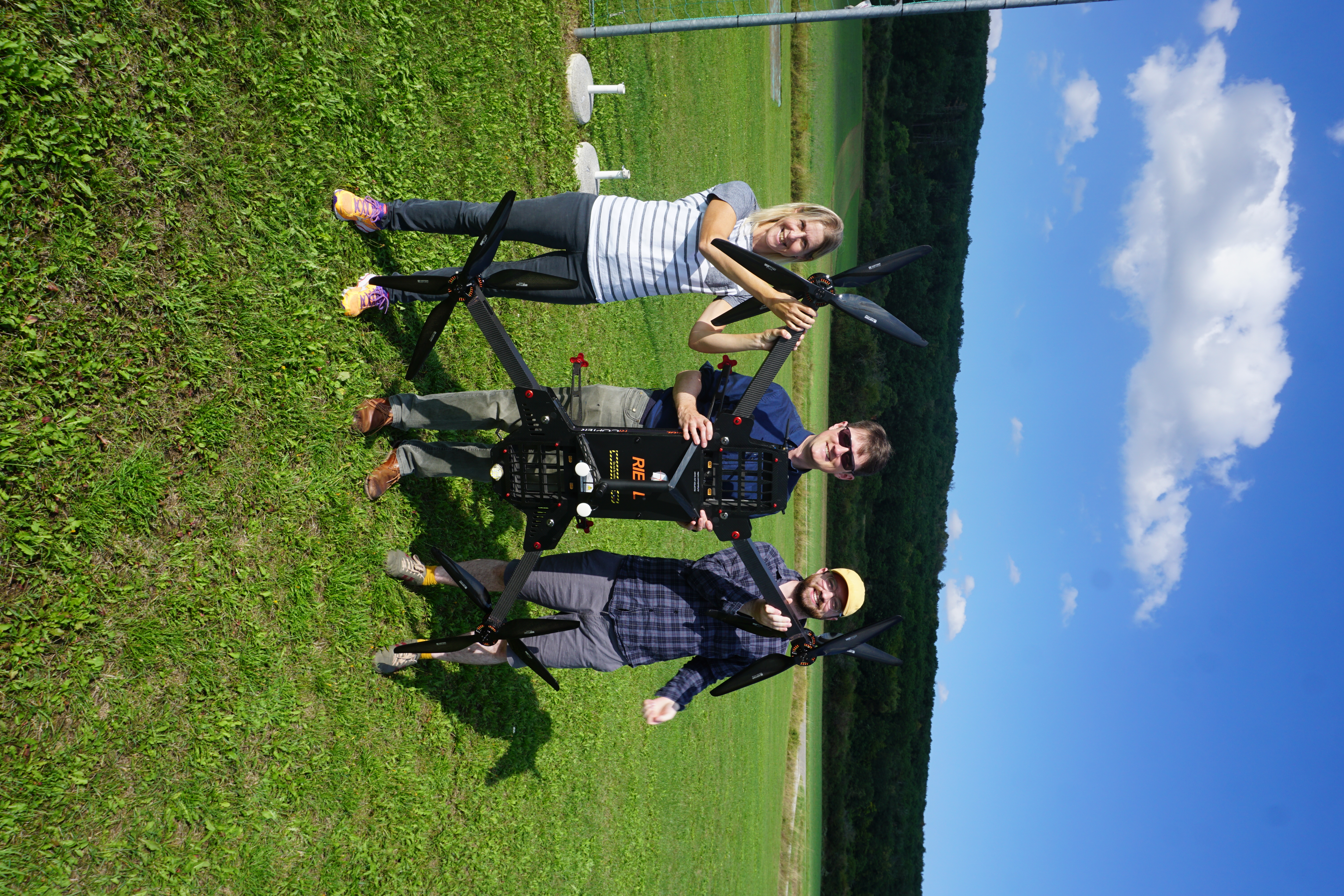Meet the key members of our Laboratories team.
Dr Jackie Greef, Laboratory Manager
Jackie took over management of the laboratories in January 2022. Jackie has led and overseen a massive investment in the geography labs since her arrival, with full refurbishment of our cold storage facilities, replacement of the departmental vehicle, and purchase of over £550k of laboratory instrumentation.
Previously Jackie worked at Nottingham Trent University as Technical Team Leader in the School of Animal, Rural and Environmental Science. She brings decades of experience in running laboratories to her current role here at QMUL.
Dr Tom Kelly, Laboratory and Field Technical Officer

Tom joined the labs in March 2020, initially as a Technician and now as Laboratory and Field Technical Officer. He likes nothing more than sitting down and working out problems over a cup of tea in the lab breakout room, or spotting kingfishers on his monthly river monitoring trips.
Previously, Tom worked as a Chemical Laboratory Technician in the Environmental and Water Resources Engineering group at Imperial College London. From 2017-2019 he held a position with the British Geological Survey as an Aqueous Chemist, focusing primarily on environmental analysis, operation of analytical instrumentation and data reporting. During his PhD at the University of Leeds his research focused on tropical wetlands, in particular the vegetation development and hydrology of peatlands in western Amazonia. Tom has experience in geological and geographical fieldwork, both within the UK and abroad, having undertaken fieldwork in the Arctic Circle and the Amazon, and on Lake Victoria (Kenya).
If you want to see a full list of Tom’s publications please click here
Megan Dougherty, Laboratory Technician

Megan joined the School of Geography lab team in November 2022 and is responsible for supporting student and staff research, running and maintaining instrumentation, and aiding in the daily upkeep and running of the lab alongside other members lab staff.
Megan’s educational and research background is in biology (BSc, University of Nebraska-Lincoln) and ecology and evolutionary biology (MSc, Queen Mary University of London). For her master’s degree, she focused on the effect of early-life experience on subsequent mate choice in T. dalmanni. Megan’s research interests include macro-ecological processes and the intersection of ecology and climate science.
